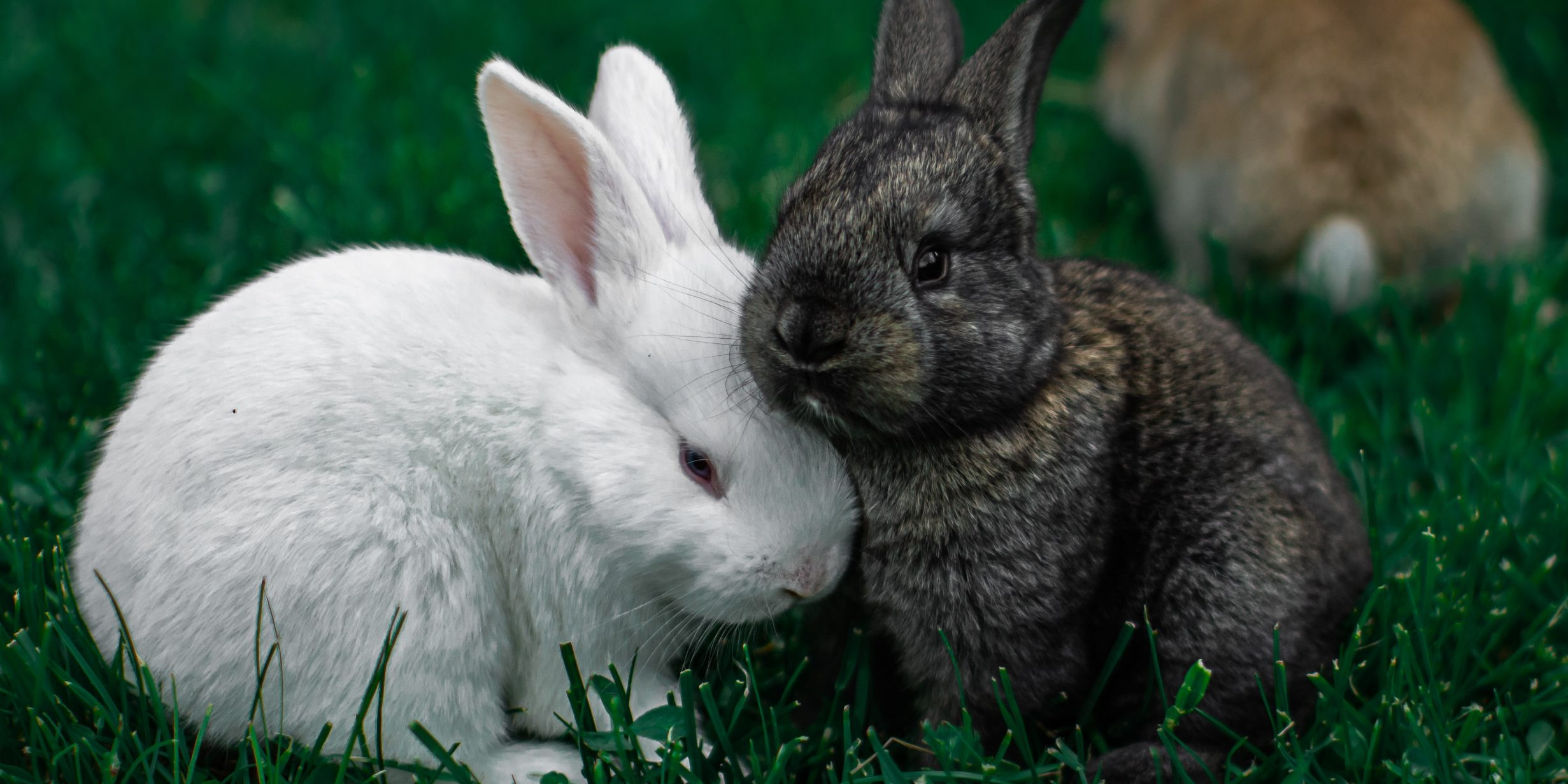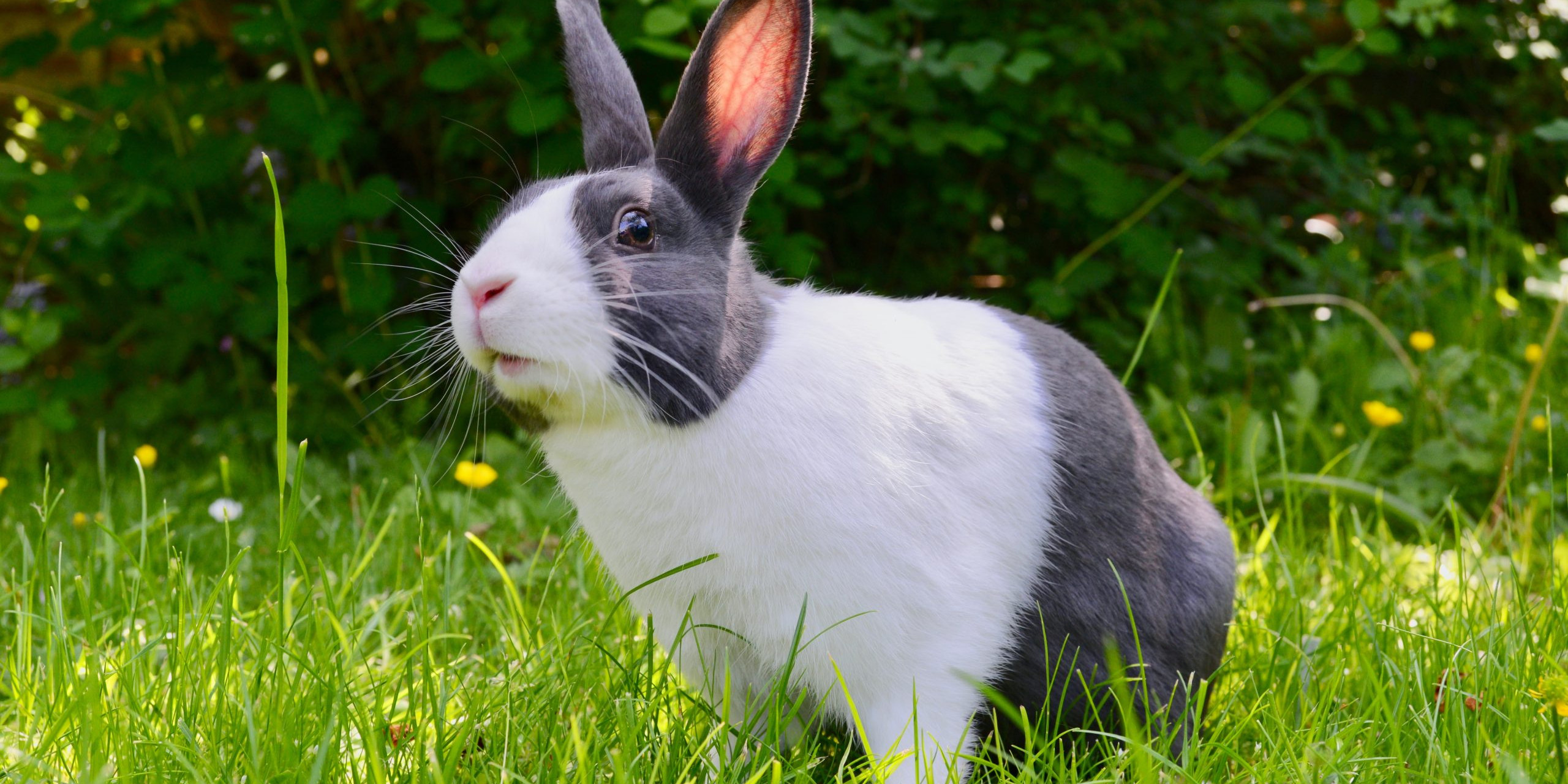Rabbits, with their twitching noses and fluffy tails, are more than just adorable pets; they are complex creatures with specific dietary needs. Understanding these needs is crucial for their health and happiness. In this article, we dive into the world of rabbit nutrition, focusing on the role of dietary supplements in ensuring your bunny thrives.
Jump to:
Understanding Rabbit Nutrition
The Basics of a Balanced Rabbit Diet
Rabbits need a diet rich in fiber, with hay being the cornerstone. A mix of grass hay or Timothy hay is preferred due to its lower calorie and calcium content. Fresh greens, a small amount of fruit, and high-quality pellets form the rest of a balanced rabbit diet.
Essential Nutrients for Rabbits
- Fiber: Essential for digestive health.
- Protein and Fats: Needed in smaller quantities.
- Vitamins and Minerals: Crucial for overall health.
- Water: Often overlooked but vital.
Register for our latest in-depth reviews and product round-ups from the experts
Enter your email address below to receive our twice monthly reviews emails.
By entering your details, you are agreeing to our terms and conditions and privacy policy. You can unsubscribe at any time.
Common Rabbit Dietary Supplements
Types and Uses of Supplements
Supplements come in various forms, including vitamin and mineral mixes, digestive aids, and more. They are particularly useful for rabbits with specific health needs or dietary deficiencies.
Risks of Over-Supplementation
While supplements can be beneficial, overuse can lead to health issues. It’s important to understand the balance and only use supplements when necessary.
Special Dietary Considerations
Adjusting Diet for Age and Health
Young, adult, and senior rabbits have different nutritional needs. Similarly, rabbits with health issues may require a modified diet.
Managing Weight and Digestive Health
A diet too rich in certain nutrients can lead to weight gain or digestive problems. Monitoring your rabbit’s health and adjusting their diet accordingly is crucial.
How to Choose the Right Supplements
Factors to Consider
When selecting supplements, consider your rabbit’s age, health condition, and specific dietary needs. It’s also important to understand the ingredients and their benefits.
Reading Supplement Labels
Understanding labels is key to choosing the right supplements. Look for high-quality ingredients and avoid those with unnecessary additives.
Incorporating Supplements into a Rabbit’s Diet
Introducing Supplements Safely
Start with small amounts and observe how your rabbit reacts. Gradual introduction is key to avoiding digestive upset.
Monitoring Your Rabbit’s Response
Keep an eye on your rabbit’s health and behavior as you introduce supplements. Adjustments may be necessary based on their response.
Practical Tips for Rabbit Diet Supplementation
Introducing Supplements to Your Rabbit’s Diet
- Start Small: Begin with tiny amounts to see how your rabbit reacts.
- Observe: Watch for any changes in behavior or digestion.
- Consult a Vet: Always a good idea when adding something new to your rabbit’s diet.
Monitoring Your Rabbit’s Health
- Regular Check-ups: Essential for tracking your rabbit’s health.
- Watch for Changes: Be alert to any shifts in eating habits or stool quality.
- Adjust as Needed: Be prepared to tweak the diet based on your rabbit’s response.
Rabbit Diet FAQs
Rabbits require a range of vitamins and minerals, including Vitamin A, D, E, and a balance of calcium and phosphorus. These are typically found in a well-balanced diet but may need supplementation in some cases.
- Variety is Key: Offer a mix of hay, fresh greens, and a small number of pellets.
- Monitor Health: Regular vet check-ups can help ensure dietary balance.
- Research: Stay informed about rabbit nutrition.
Yes, over-supplementation can lead to health issues like obesity or urinary problems. It’s crucial to use supplements judiciously and under veterinary guidance.
Look for supplements that address specific needs of your rabbit, such as age or health conditions. Avoid those with artificial additives or excessive sugar.
Supplements like probiotics can aid in digestive health, but they should be used as part of a comprehensive approach to diet and health.
Jacquline Jackson
Meet Jacqueline, the insightful author and rabbit care expert at Hare Haha. With a deep passion for all things related to rabbit wellness, Jacqueline brings a wealth of knowledge to the Hare Haha community.
Related Posts
Diet for Pregnant Rabbits: Nurturing for a Healthy Litter
Pregnant rabbits, like any expecting mothers, need extra love, care, and yes,…
Rabbit Diet by Age: A Guide to Feeding Your Furry Friend
Rabbits are not just adorable pets; they’re complex creatures with…
Safe Fruits for Rabbits: A Guide to Bunny Diet
Hey there, fellow rabbit enthusiasts! If you’re like me, ensuring your…




